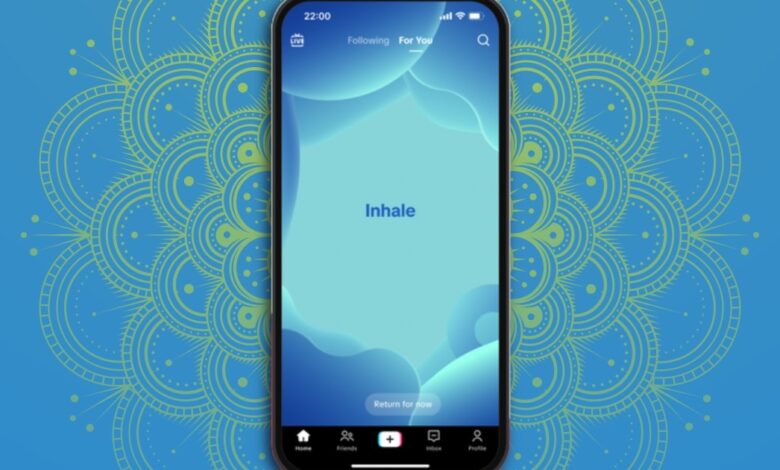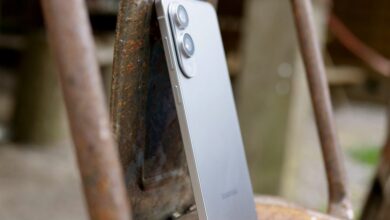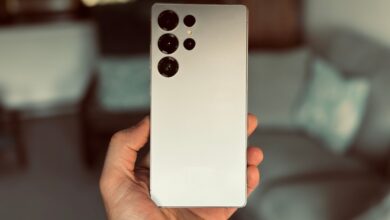Unlocking Sleep: TikTok’s Timeless Trick for Screen-Obsessed Kids!

TikTok's New Approach to Digital Well-Being for teens
TikTok has faced criticism for its impact on young users, particularly regarding screen time and exposure to inappropriate content. The platform has been under scrutiny in various senate hearings, addressing concerns about children's digital habits.
To tackle thes issues, TikTok is introducing a conventional solution: guided meditations.This feature aims to help children and teens manage their usage better.It will be available to all users but will automatically activate for those under 18.
How the Feature Works
For users aged 17 and younger, the guided meditation feature will be turned on by default. If a teen tries to use TikTok after 10 PM,they will receive a prompt that interrupts their feed with a meditation exercise designed to help them relax before bed.
If the first reminder is ignored, TikTok sends a second message that covers the entire screen and is harder to dismiss. Recently, TikTok also introduced reminders encouraging teens to close the app after 10 PM while playing calming music in the background.
According to TikTok's research, an remarkable 98% of young users kept this meditation feature enabled once it was activated. Adult users can also turn on this option through the app’s screen Time settings.
The Rise of Mindfulness Tools
Meditation practices are becoming more common in wearable technology like smartwatches and fitness trackers. Devices such as Samsung Galaxy fit 3 offer breathing exercises based on stress analysis from user data. Even web browsers like Opera have integrated features that encourage mindfulness breaks during online activities.Can Guided Meditations Make a Difference?
Numerous studies highlight how using screens before bedtime negatively affects sleep quality across all age groups. Small changes in nighttime phone habits can lead to meaningful improvements in sleep patterns.
A recent study published in JAMA revealed that using screens at night increases poor sleep quality by 33%. This research represents one of the largest investigations into sleep behavior among different demographics.
Another study from Frontiers Psychiatry found that looking at screens before bed raises insomnia risks by up to 59% among young people and adolescents. Each additional hour spent on devices increases these risks by another 63%, resulting in an average loss of about 24 minutes of sleep each night.
Research indicates that establishing routines around reducing screen time at night combined with meditation can provide numerous benefits—calming thoughts and improving overall sleep quality are just two examples.
A Positive Step Forward
TikTok’s new guided meditation feature appears promising given its popularity among teenagers—a demographic heavily engaged with social media platforms today. To enhance this initiative further, TikTok plans collaborations with health professionals while increasing funding for digital wellness programs aimed at promoting healthier online habits among youth.





